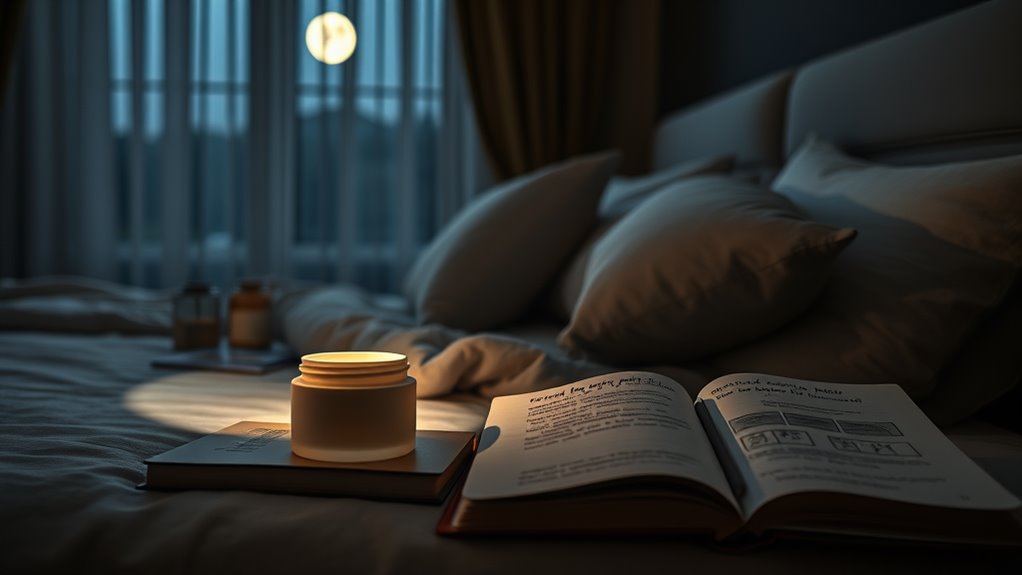The Unexpected Link Between Sleep and Acne (Backed by Studies)
The Science of Sleep and Skin Health
When you think about taking care of your skin, you mightn’t immediately consider how a good night’s sleep plays a crucial role, but it really does!
The sleep-acne connection is real; quality rest helps your skin repair itself and fight inflammation.
So, prioritize sleep as part of your skincare routine, and you’ll likely wake up with healthier, more radiant skin.
Who doesn’t want that?
How Lack of Sleep Affects Hormones and Acne
Sleep isn’t just about feeling rested; it plays a big role in how your hormones function, which can directly impact your skin.
When you skimp on sleep, your body produces more cortisol, the stress hormone, leading to increased oil production. This can clog pores and cause breakouts.
The Role of Inflammation in Sleep Deprivation and Acne
While you might think that acne is just a skin issue, inflammation from sleep deprivation can make things a whole lot worse.
When you skimp on sleep, your body cranks up inflammatory markers, which can worsen breakouts.
So, if you want clear skin, prioritizing sleep isn’t just a good idea—it’s essential.
Get those z’s, and watch your skin improve!
Sleep Quality and Its Impact on Skin Repair
If you’ve ever noticed your skin looking dull or breaking out after a restless night, you’re not alone.
Quality sleep is crucial for skin repair, as it’s during deep sleep that your body regenerates cells and repairs damage.
Without enough restorative rest, your skin can struggle to recover, leading to more breakouts and less radiance.
Tips for Improving Sleep to Combat Acne
Getting a good night’s rest can feel like a challenge, especially when life gets busy, but the benefits for your skin are totally worth it.
To improve your sleep, establish a consistent bedtime, limit screen time before bed, and create a calming bedtime routine.
Consider dimming the lights and sipping herbal tea. Your skin will thank you for the extra care!

